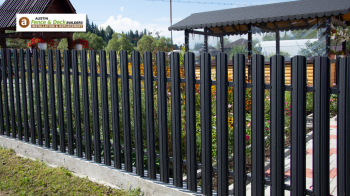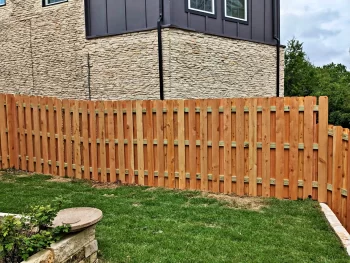TL;DR
Fence installation is more than just digging holes and setting posts. From improper post depth to ignoring HOA rules, mistakes can cost you time, money, and peace of mind. In this guide, we outline the top 10 fence installation mistakes Austin homeowners should avoid, especially given the region’s unique climate and soil conditions.
Table of Contents
ToggleIntroduction
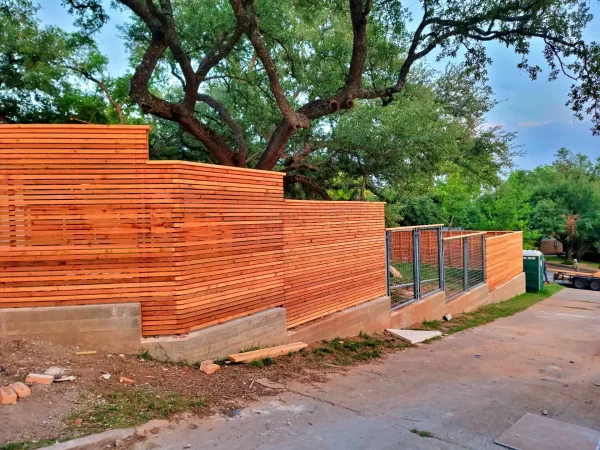
Installing a fence on your Austin property might seem straightforward, but many homeowners underestimate the planning and precision it requires. The unique Central Texas terrain, shifting clay soils, and strict permitting requirements make proper fence installation a serious endeavor.
Whether you’re hiring a professional or going the DIY route, knowing the most common pitfalls can save you from major headaches. In this post, we’ll walk through 10 critical fence installation mistakes to avoid, plus offer guidance tailored for Austin homeowners.
Before you dig, make sure your project starts on the right foot with our professional fence installation services.
1. Skipping the Permit Process
In Austin, most fence installations—especially those over 6 feet—require a permit. Skipping this step can lead to fines or mandatory removal.
What to do:
Check out our complete Austin Fence Permit Guide to avoid compliance issues.
2. Using the Wrong Materials for Austin’s Climate
Texas weather swings from dry heat to heavy rain. If you choose untreated wood or cheap metals, your fence may warp, rot, or rust prematurely.
What to do:
Use weather-resistant materials like pressure-treated wood, cedar, vinyl, or galvanized steel. Learn more in our post on The Best Type of Fence for Backyards.
3. Setting Fence Posts at the Wrong Depth
Too shallow and your fence may lean. Too deep and you risk structural instability or unnecessary labor.
Austin tip:
In clay-rich soil, posts should generally be at least 1/3 the height of the fence above ground (typically 2–3 feet deep) and set in concrete.
4. Ignoring Property Lines
Building over a boundary can cause costly legal disputes or force you to tear the fence down.
What to do:
Always verify your property lines via a land survey or plot map before building. If unsure, consult with your local permitting office.
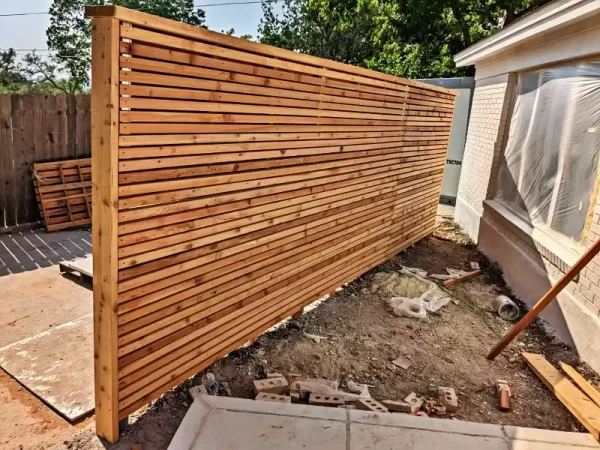
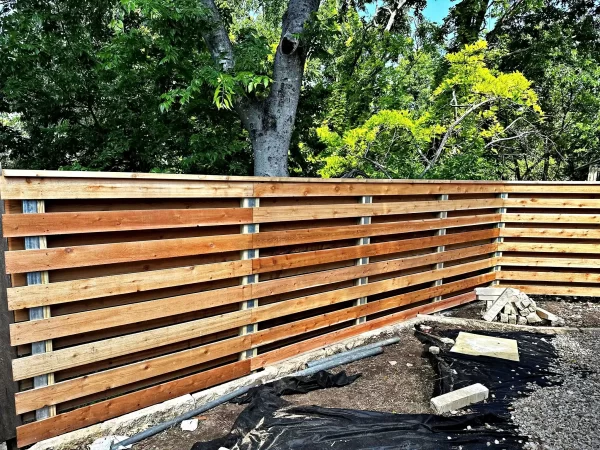
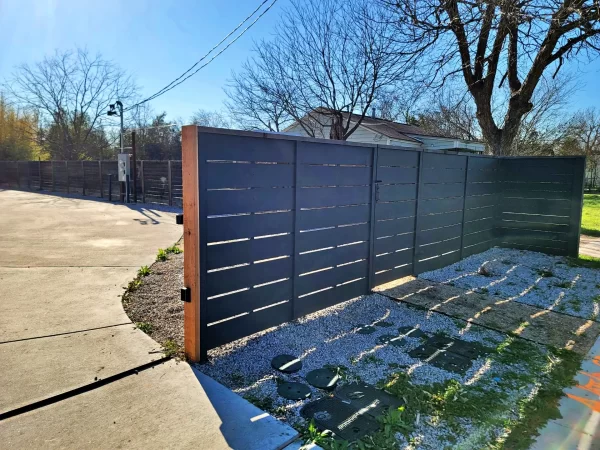
5. Not Calling 811 Before Digging
Underground utility lines—gas, water, electrical—can be a serious hazard. In Texas, it’s legally required to call 811 before you dig.
Avoid the risk:
Schedule a free line-marking service. It’s quick and prevents potentially dangerous accidents.
6. Overlooking Drainage and Slope
Water pooling at the base of your fence causes premature rot and instability. Installing on a slope? That’s a whole different challenge.
What to do:
Grade your fence properly. Consider techniques like stepping or racking depending on the terrain. Learn how with our fence installation tips.
7. Failing to Anchor Posts Properly
Unanchored posts wobble and lean over time. Concrete is often the best choice—but not always the only one.
Austin soil tip:
Use gravel below the post for drainage, and concrete to set it. Avoid overfilling above grade to prevent water pooling.
8. Installing Without HOA Approval
Many Austin neighborhoods have strict HOA rules around fence style, height, and materials.
Avoid this mistake:
Read your HOA bylaws and submit designs before installing. For guidance, see What Makes a Fence HOA-Compliant in Austin? (you can update with live URL once published)
9. Forgetting to Plan for Gates and Access
Installing your fence and realizing you forgot a gate—or placed it inconveniently—is an all-too-common mistake.
Best practice:
Plan your fence layout with future use in mind. Think about lawn equipment, deliveries, and pet access.
10. Poor Finishing or No Maintenance Plan
Even the best fence won’t last long without maintenance. Poor finishing—like skipping sealant—shortens the fence’s lifespan.
What to do:
- Stain or seal wood fences every 2–3 years
- Clean vinyl or metal fences regularly
- Inspect annually for damage
Need help? Check out our fence maintenance services and protect your investment.
FAQs About Fence Installation Mistakes
How deep should fence posts be in Austin?
At least 2 feet or 1/3 of the post length above ground—whichever is greater. Depth varies with soil type and fence height.
Do I really need a permit for my fence in Austin?
Yes, especially if your fence exceeds 6 feet. Always check with the City of Austin or consult our Austin Fence Permit Guide.
What fencing material lasts the longest in Austin?
Cedar and galvanized steel are popular choices due to their resistance to moisture, rot, and pests.
Can I build a fence directly on the property line?
Only if you confirm exact boundary lines and ideally get neighbor consent. A survey is strongly recommended.
What’s the biggest mistake people make during fence installation?
Not accounting for slope or drainage—both of which are especially important in Austin’s landscape.
Related Services and Resources


